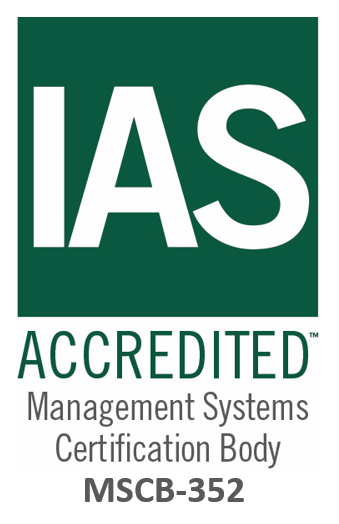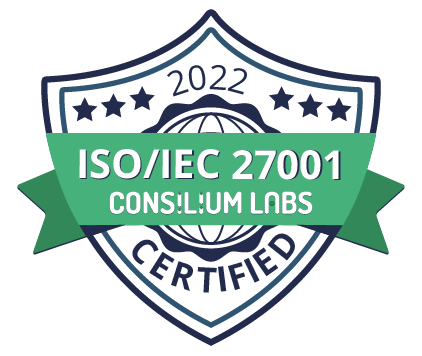“If you can't describe what you are doing as a process, you don't know what you're doing."
W. Edwards Deming
Some deals are close to identical, others completely different. We’ve noticed though that companies that struggle with their contracts tend to treat a greater proportion as unique. They also tend to see contracting as more art than science.
A question to ask yourself is are you treating your contracts as generally the same, or generally different?
Traditionally, contracting has been handled in a somewhat haphazard manner, with many agreements being treated as bespoke. Although there are of course commonalities in process and content, deals quickly turn into adventures strewn with novel points and surprising moves by the other side and team mates.
But if you focus on what is common, rather than different, you can start to standardise both the stages of the contracting process and how you handle points that come up in negotiations. This doesn’t mean that there won’t be outlier deals when everything breaks down and the other side manages to turn what should normally take a few weeks into many months of hell... but these should be the exception, not the rule. In our experience you can get this down to fewer than 20% of deals, perhaps more like 10% or even 5%.
It is by focusing on standardising the sensible deals (the “happy path” as programmers call it), and treating the ‘deals gone bad’ as the exception, not the norm, that we have a chance to make progress.
There are a number of advantages that come from standardisation:
- It’s easier to teach the process to more junior members of your team and develop their skills if you have a clear and well-documented approach.
- You’ll reduce variability, meaning that cost and turnaround time go down as well as becoming more predictable, and improve the quality.
- The team working on contracts will have to spend less time on the mechanical parts and more on the activities that require real thinking. The mechanical parts will be more readily automated and work will be more interesting and enjoyable, reducing staff turn-over. It will also significantly increase both productivity and the value that team members deliver.
- Finally, only once things are standardised can you start improving them.
This last point is particularly important. It’s only when you have a single, documented way of working that you have a baseline from which to make improvements, for example, a standard process, a contract template, or a negotiation position in a playbook.
It’s worth noting that it’s far easier to standardise frequent smaller transactions than large deals. Large transactions tend to have a life of their own and often turn into ‘lifestyle choices’, entailing never-ending meetings. Although customers try to run these as highly controlled competitive processes, the reality is that they will almost inevitably be heavily bespoke. Better to focus first on more regular transactions.
Another aspect to standardisation is recognising that contracting is a pretty well understood discipline, at least by some. Although most companies haven’t put the basics in place, the things that you need to do, and what works, are predictable. This means that as you standardise your processes, don’t try to reinvent the wheel. Yes, you will have nuances based on your particular situation, but generally your process will end up looking pretty much like any other high-performing company’s process.
All happy families are alike, as Tolstoy observed.




















.png)
.jpg)




.jpg)









.png)
.png)




.png)





























.jpg)


